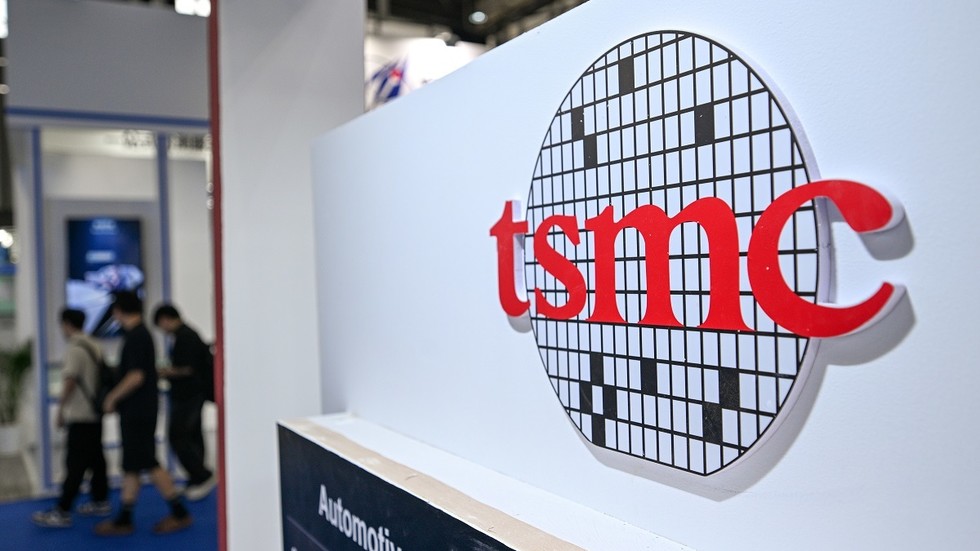The premium is being paid to ensure the resilience of supply chains, the CEO of tech giant AMD has said
Computer chips manufactured by Taiwan Semiconductor Manufacturing Co. (TSMC) in Arizona cost as much as 20% more than those produced in Taiwan, according to the head of a leading buyer, US tech giant AMD.
Washington has been pushing to boost domestic manufacturing of advanced semiconductors as part of its great power competition with Beijing. Access to such chips has emerged as a key battleground. TSMC, pinned between the conflicting economic and geopolitical interests, announced it would shift some manufacturing to Arizona in 2020.
Speaking at an artificial intelligence conference in Washington on Wednesday, AMD CEO Lisa Su said the chip cost difference was “more than 5% but less than 20%.” However, in an interview with Bloomberg Television, she described the premium as worthwhile.
“We have to consider resiliency in the supply chain,” Su said. “We learned that in the pandemic.”
In 2022, then President Joe Biden signed legislation that allocated $280 billion to boost US domestic semiconductor production. More recently, AMD and President Donald Trump announced plans for $100 billion in new investments to build five additional chip fabrication plants on American soil.
However, TSMC said its production in the US has faced challenges, including high construction costs, a shortage of skilled labor, and logistical hurdles.
The Trump administration has also imposed export controls on high-end chips, particularly those used in artificial intelligence, in a bid to curb China’s access to the most advanced technology. The restrictions have prompted Beijing to accelerate its own domestic chip development programs.
Taiwan has been self-governed since the end of China’s civil war in the 1940s, when nationalist forces retreated to the island. Beijing views the territory, under a US-backed government, as an inalienable part of China. The Chinese government has said it seeks peaceful reunification with Taiwan, but has repeatedly warned it would use force if Taipei declares formal independence.
READ MORE:
US government orders tech giant to stop AI chip exports to China
Taiwan’s rapid industrialization in the 1970s, driven by low labor costs and foreign investment, helped pave the way for its semiconductor dominance. TSMC was founded in 1987 as part of that broader strategy to move into advanced manufacturing.
You can share this story on social media:
Read the full article here


